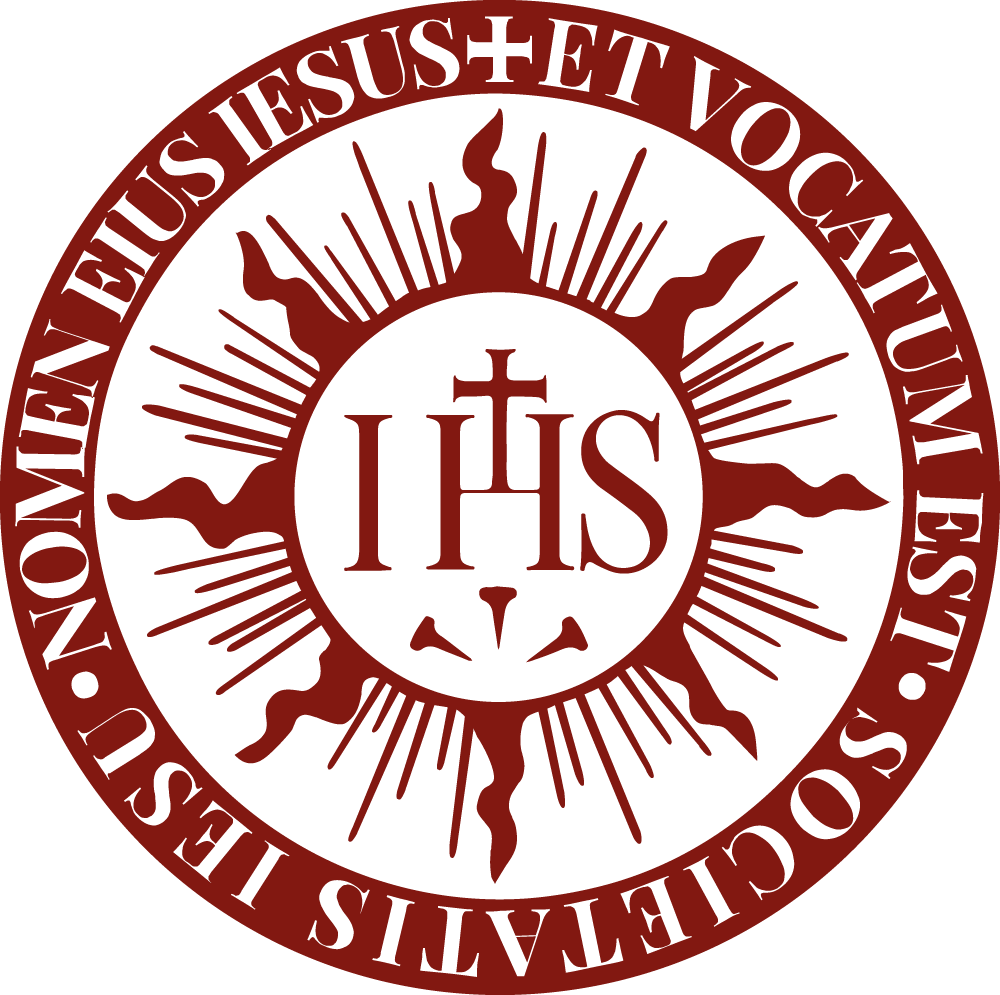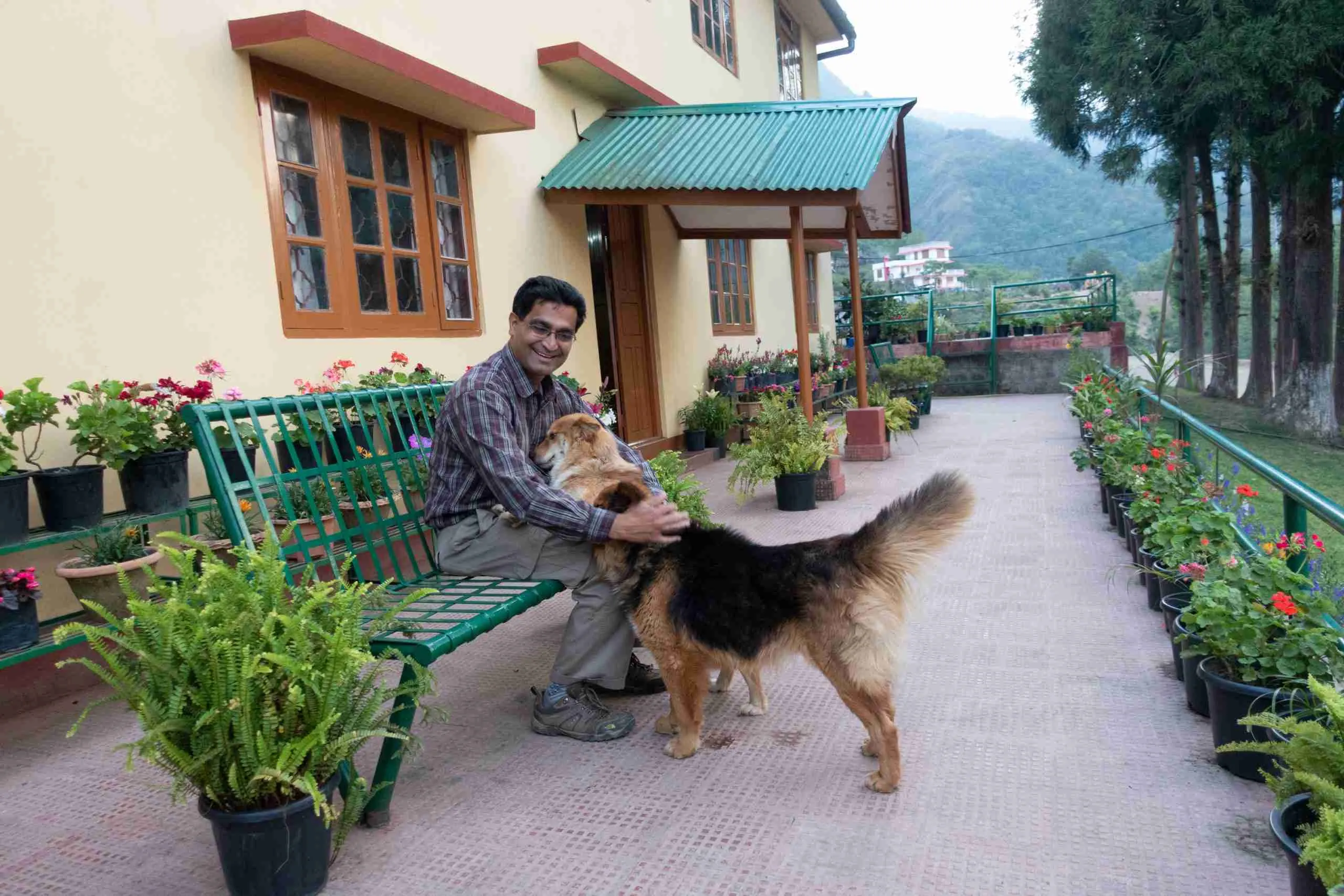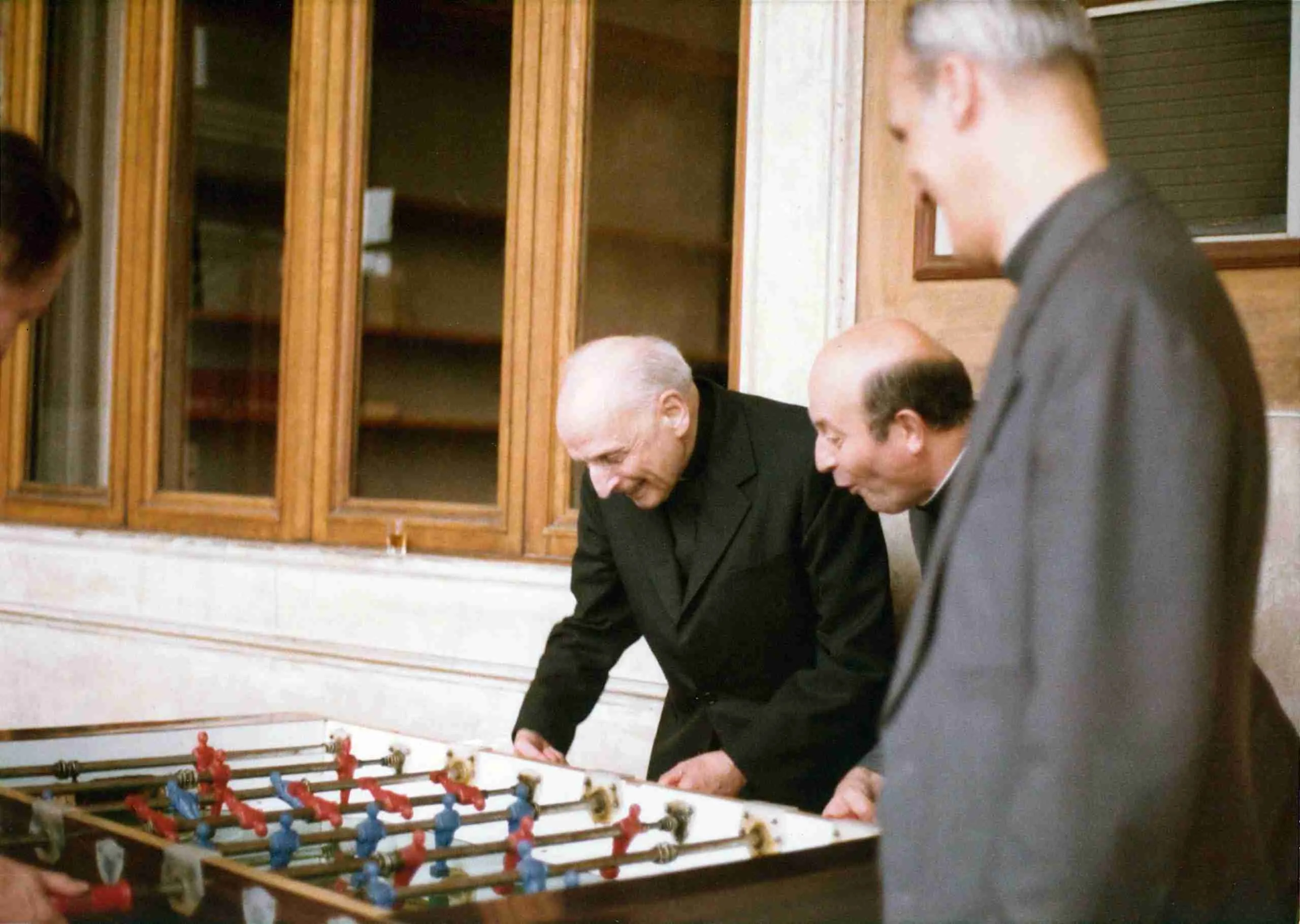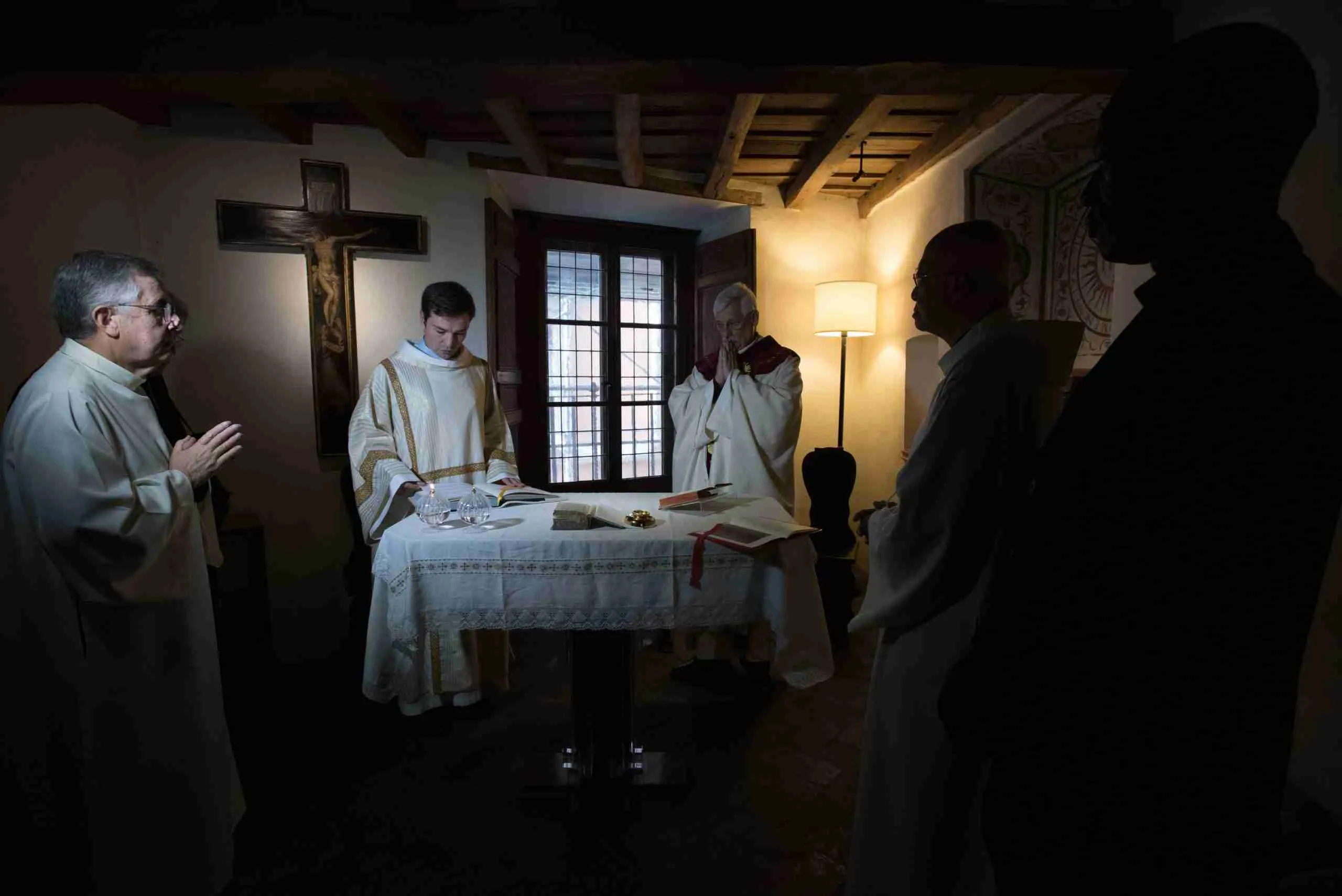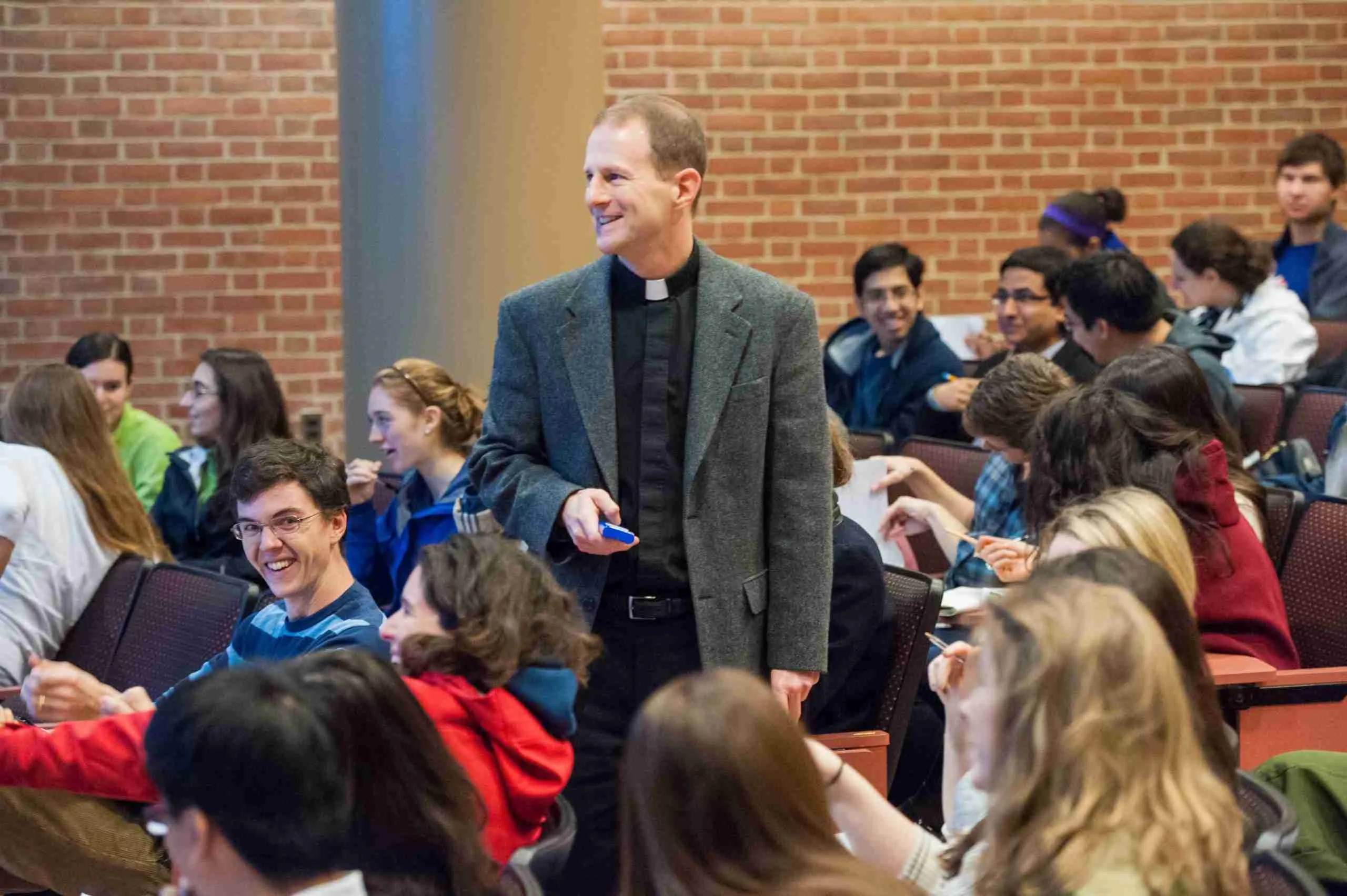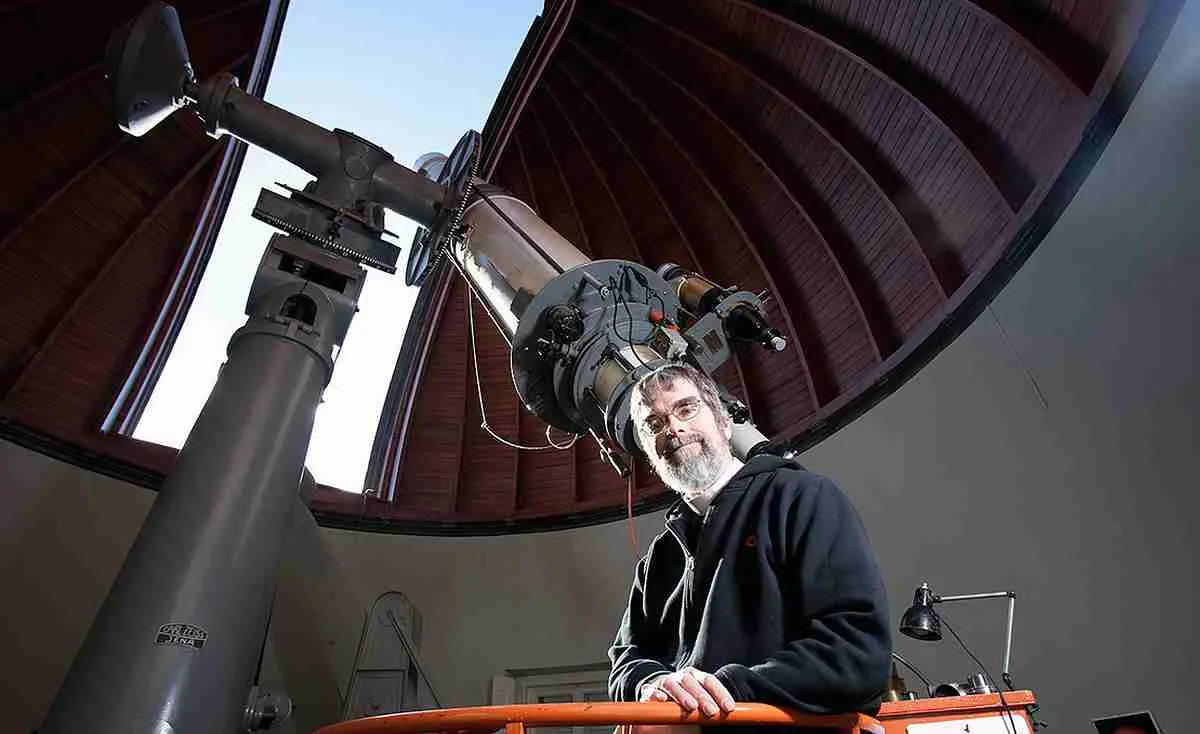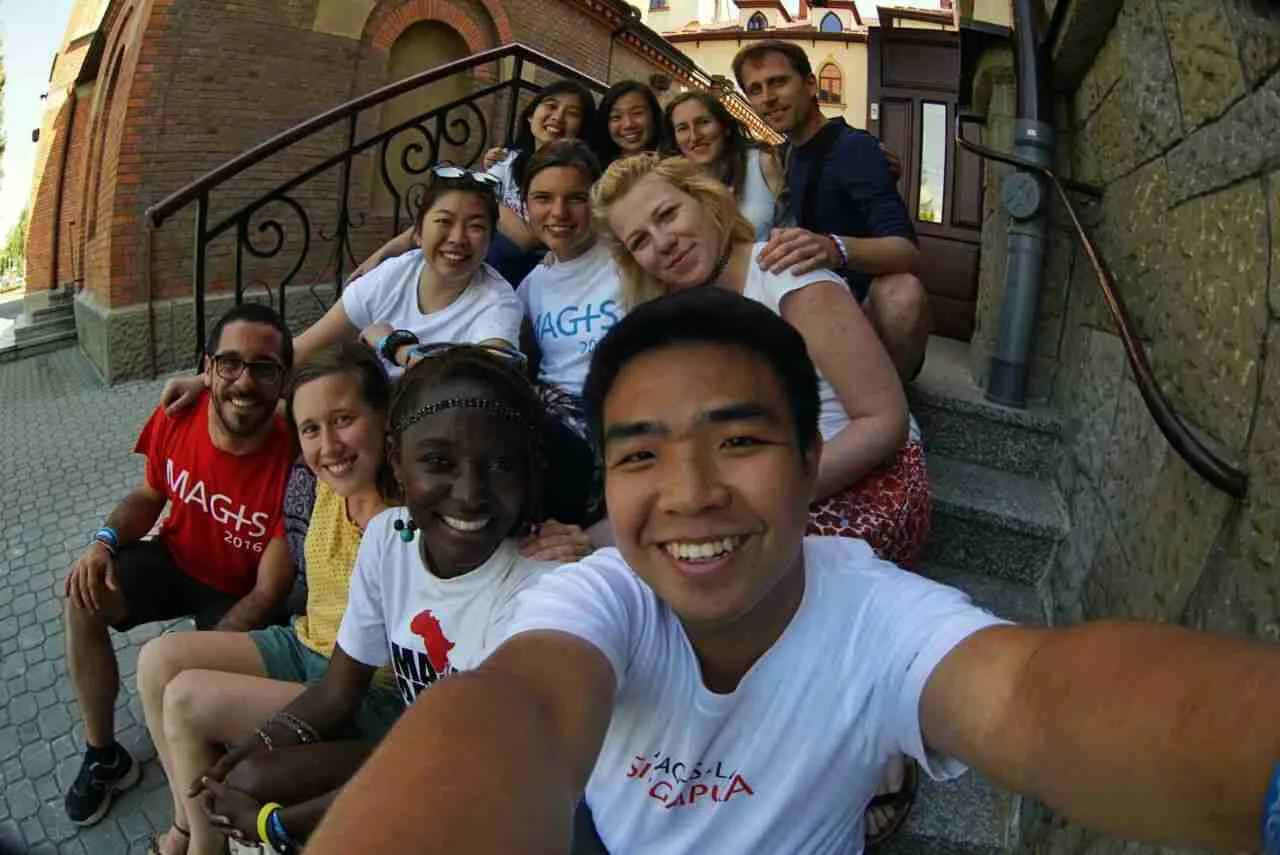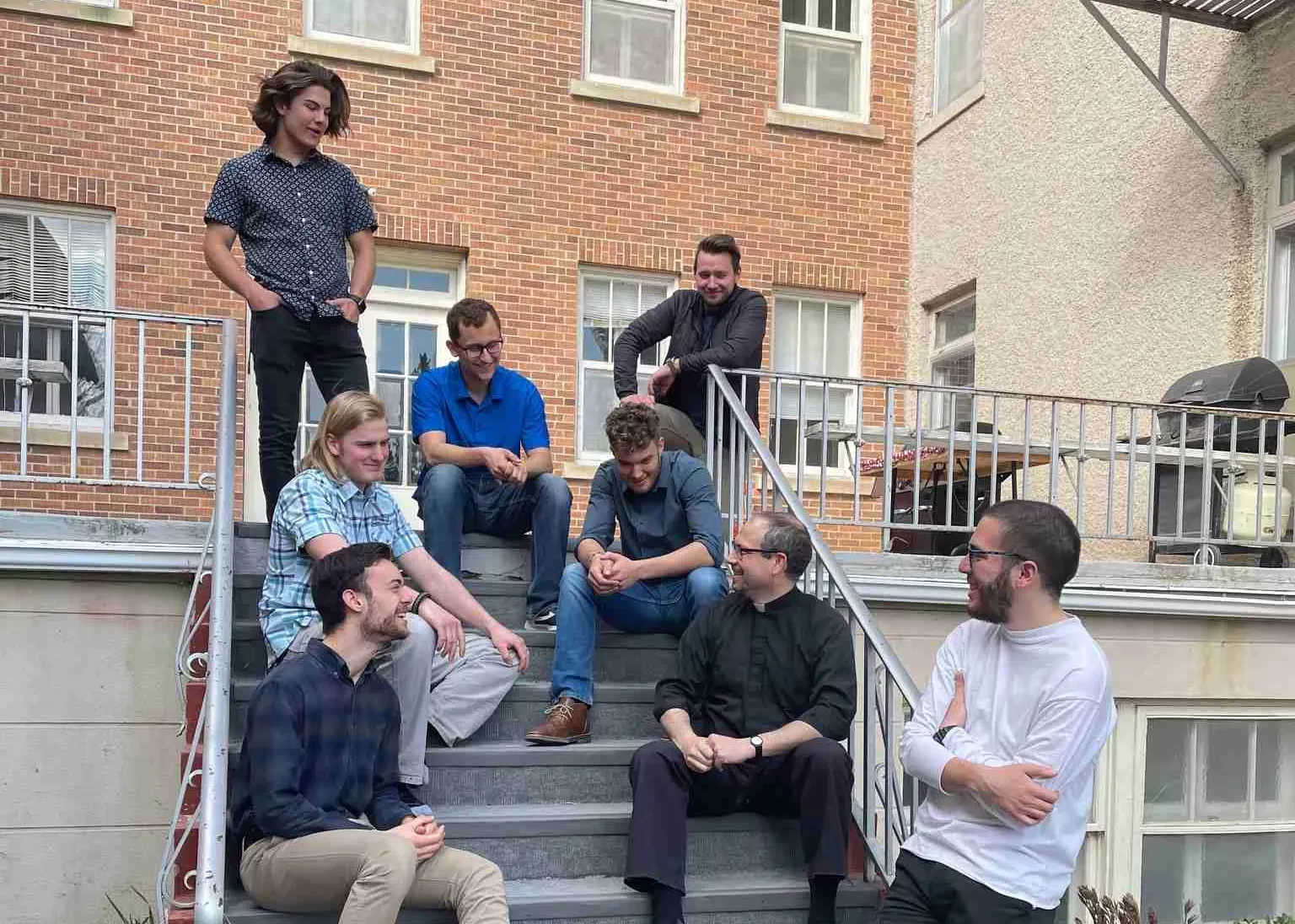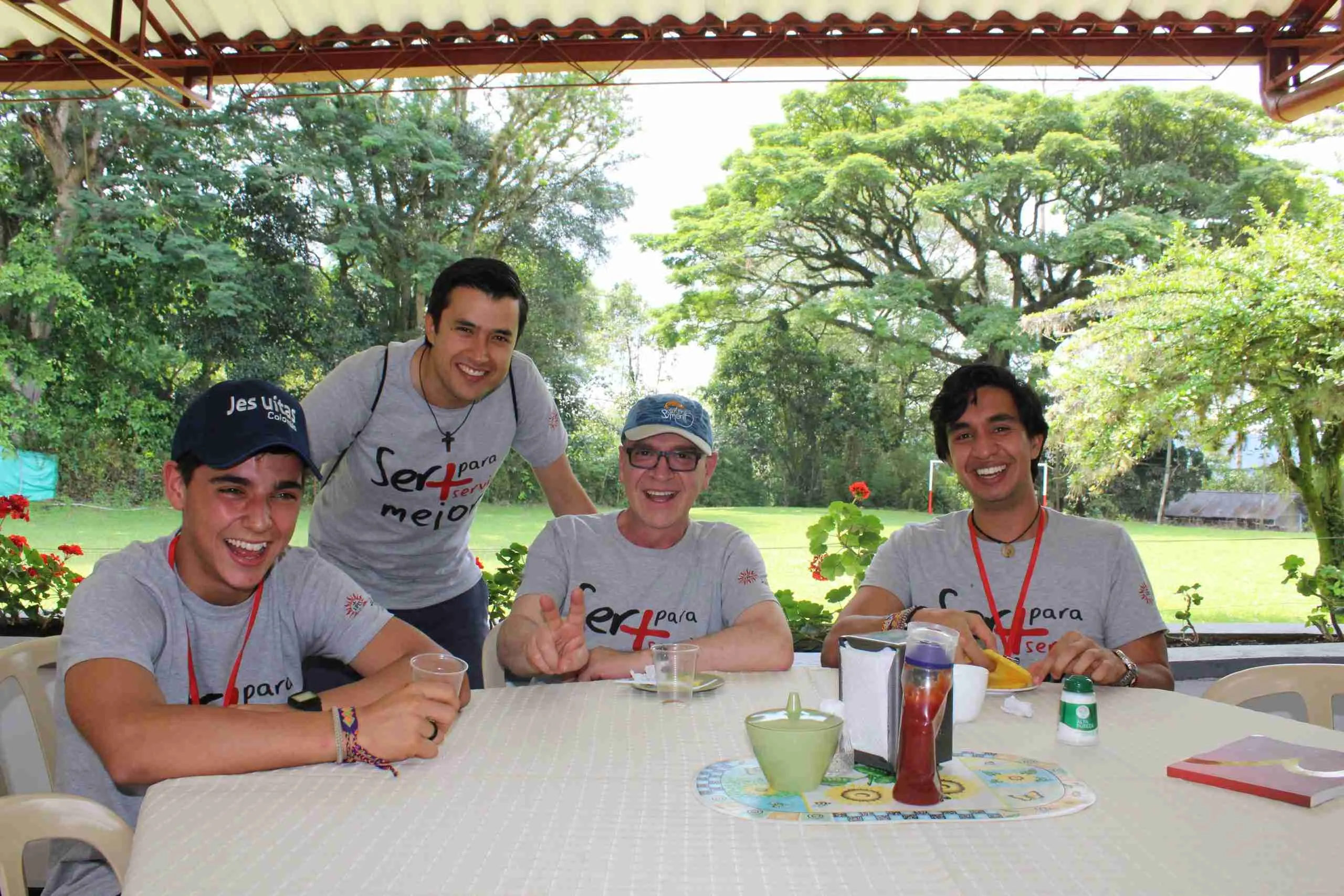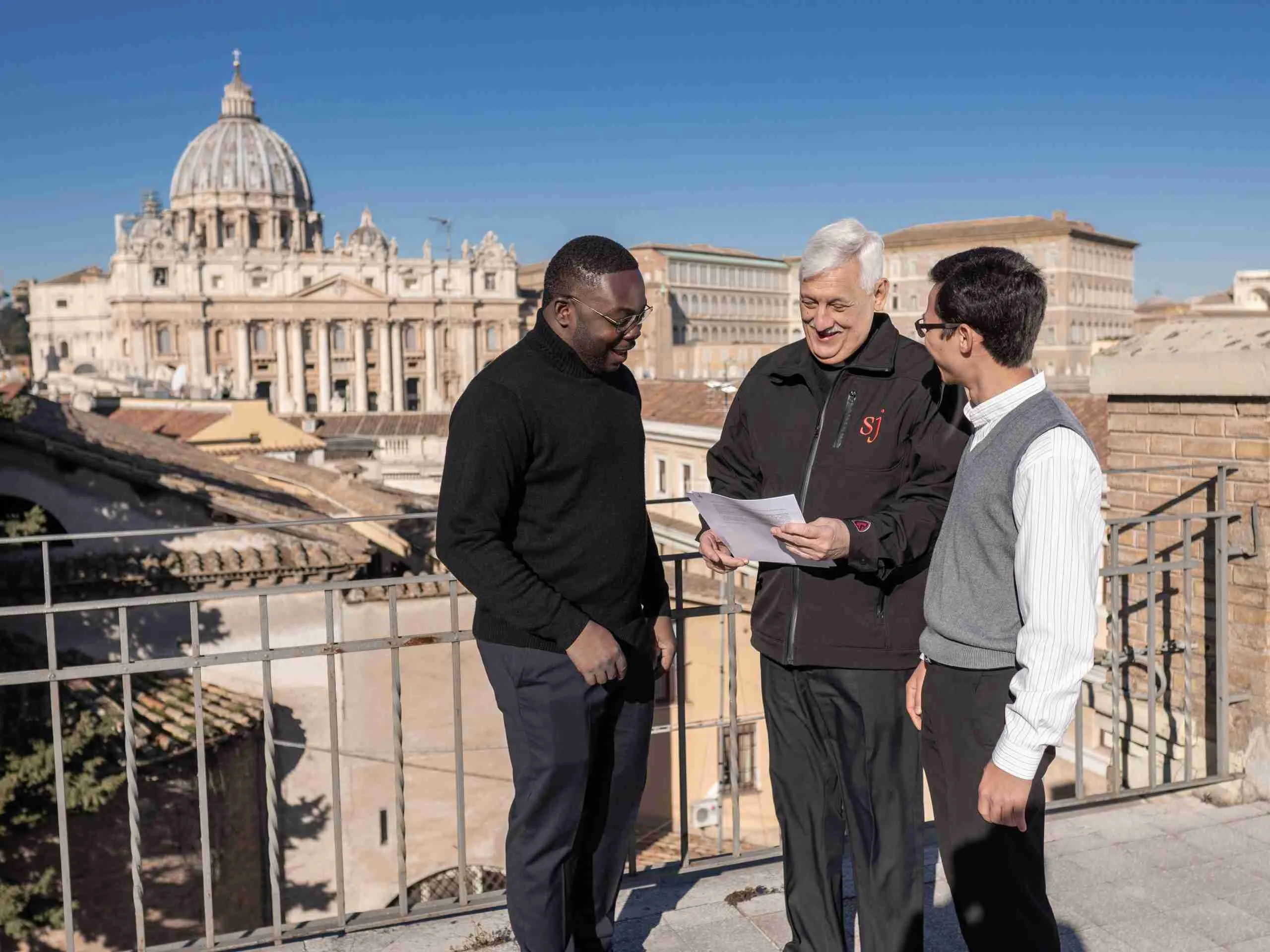When they see how we live, people often ask questions about our vow of poverty. And sometimes that’s rightly so; how exactly does a multi-million-dollar home or a community stocked with the best of everything fit with the vows we take? Or a life meant to be dedicated to the service of others?
A couple years after I began my screenwriting studies at the University of California at Los Angeles, I invited many of my classmates and friends to come to Loyola Marymount University where I lived to help me celebrate my final vows. Most of them had never been to LMU. I don’t think any of them had ever been to a Jesuit community. And LMU has a really beautiful one, a collection of four buildings on a bluff that looks out on West L.A. Almost every room has a veranda with a view of the Pacific Ocean. So many nights I would sit in the evening watching the setting sun slide down the sky, turning both ocean and sky red, orange, purple.
At some point in the post-vow festivities one of my professors sidled up to me and said, “So you all take vows of poverty, chastity and obedience, right?” Yeah, I said.
“Huh,” he replied. What is it? I wondered.
“Well it’s just, if this is your version of poverty, I’d love to see your take on chastity.”

When they see how we live, people often ask questions about our vow of poverty. And sometimes that’s rightly so; how exactly does a multi-million-dollar home or a community stocked with the best of everything fit with the vows we take? Or a life meant to be dedicated to the service of others?
It’s also true if you look to scripture you’ll notice that Jesus never seemed to mind a good party. He spoke often of the dangers of wealth, how it could warp your perspective in ways that were bad for others and for yourself. But at the same time he didn’t mind being welcomed into others’ homes and accepting some of the blessings of their good fortune, either.
For Jesuits, the vows are always apostolic. That is to say, they’re meant to enable us to be good for others. They’re a positive choice, rather than a rejection of something. So when we talk about chastity, the idea is not that we somehow believe there’s something wrong with sexual intimacy or that we reject sex, but rather a choice we make to be available to the needs of anyone we meet. They’re a vow to be a faithful friend not just to a certain person or group but to everyone (which is not always easy!).
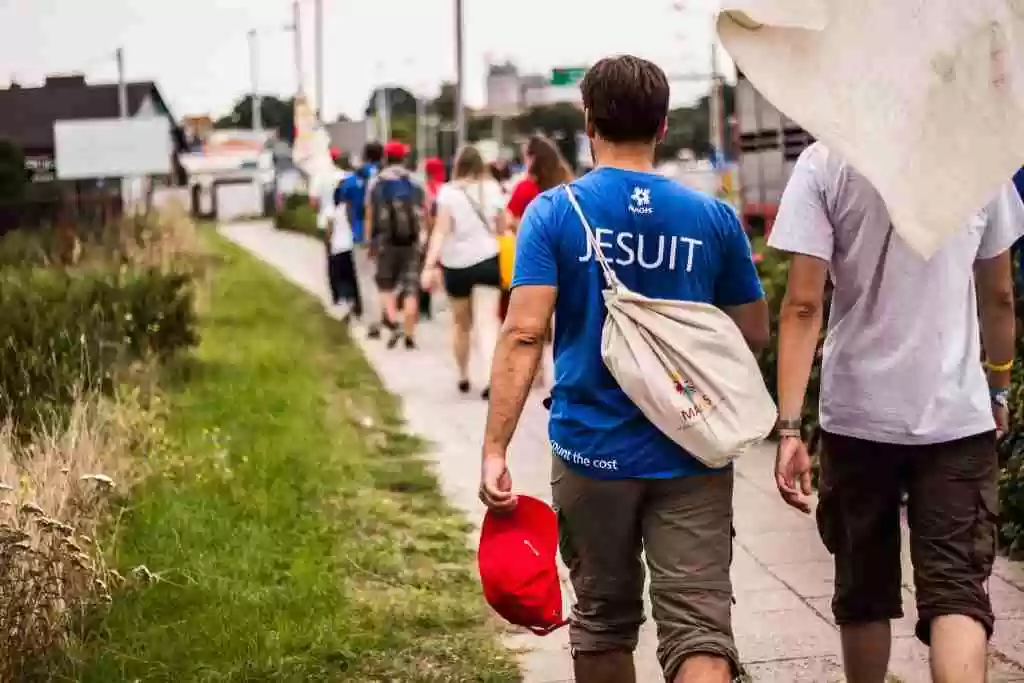
The vow of poverty is similarly not a rejection of the material world, but a commitment to a life of generosity. What we earn we hold in common, and then we try to use those funds and the funds given to us by benefactors in the ways that can best serve others. Having places where visitors can feel comfortable and safe or where we can offer them tasty meals; having the books, computers or phone we need in order to communicate effectively with others; having money individually that can allow us to spend meaningful time with other people or that can be used to help others—these are expressions of our vow of poverty rather than signs of its failure.
Obviously this is always a matter of evaluation. Our novice director in Minnesota used to talk about the slippery path of wealth: First you have things, which may be good in and of themselves. But then you come to think you deserve them or that you are owed them. Finally they become so important that you cannot live without them. In effect they come to replace God as the source of our life. And it can happen so easily.
When I lived in Los Angeles I needed a car for school and work, and it was given to me. I had never owned a car before, and I loved it. I loved it so much when I was set to leave Los Angeles I worried about what would happen to the car. I didn’t want to see it junked or sold to someone who would not take care of it. Honestly I really didn’t want to give it up at all.
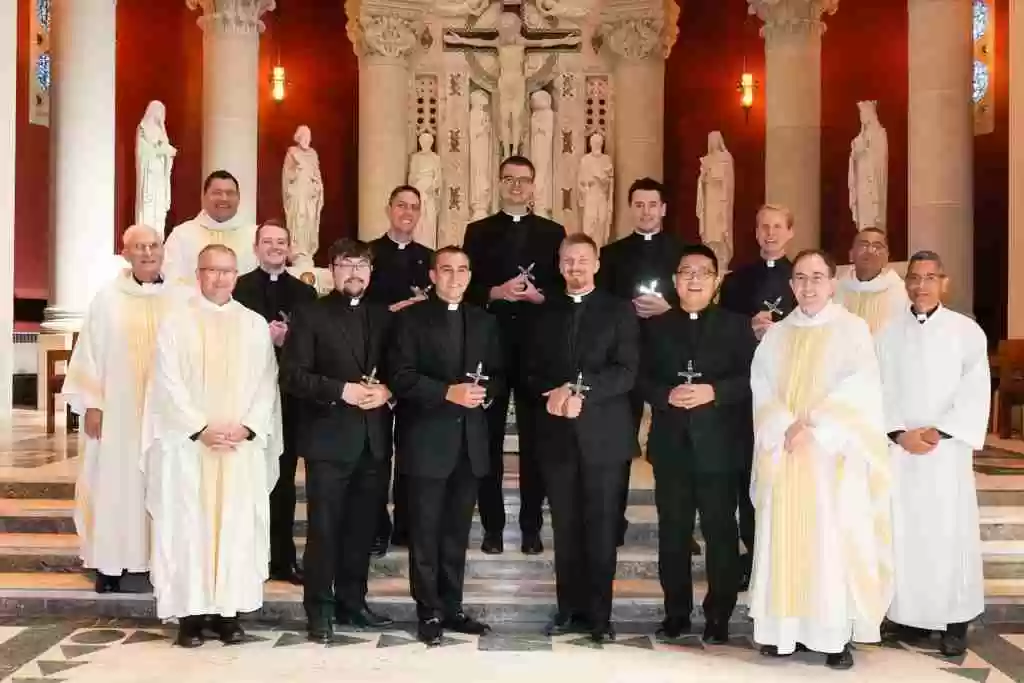
Then my superiors told me they had decided to give the car to a woman with two kids whose car had recently been stolen and who had little income to replace it. We met the day I was to leave Los Angeles. Talking to her I found myself unexpectedly moved by my superiors’ decision. Because this family actually needed the car. And as they checked it out they were just as excited as I had been when I had first been given it 11 years earlier.
For me that’s how the vow of poverty works. It’s not about not having resources, but about thinking through the best ways to use them. What is the greatest expression of our generosity? What can allow us to best serve others and be happy doing it? That is what it means to live our vow.
